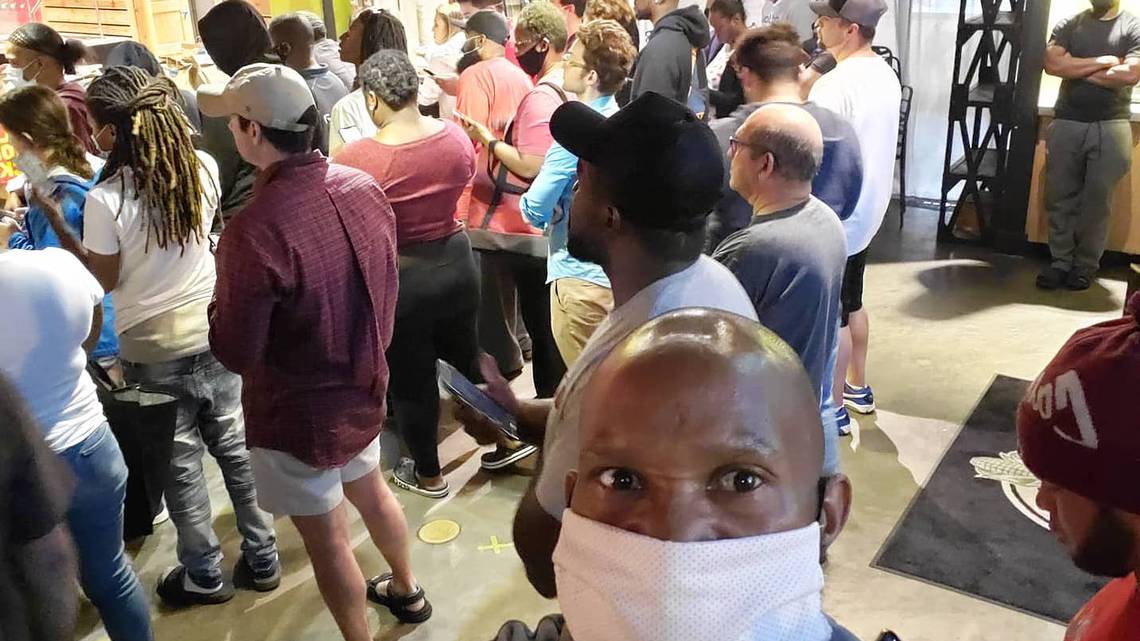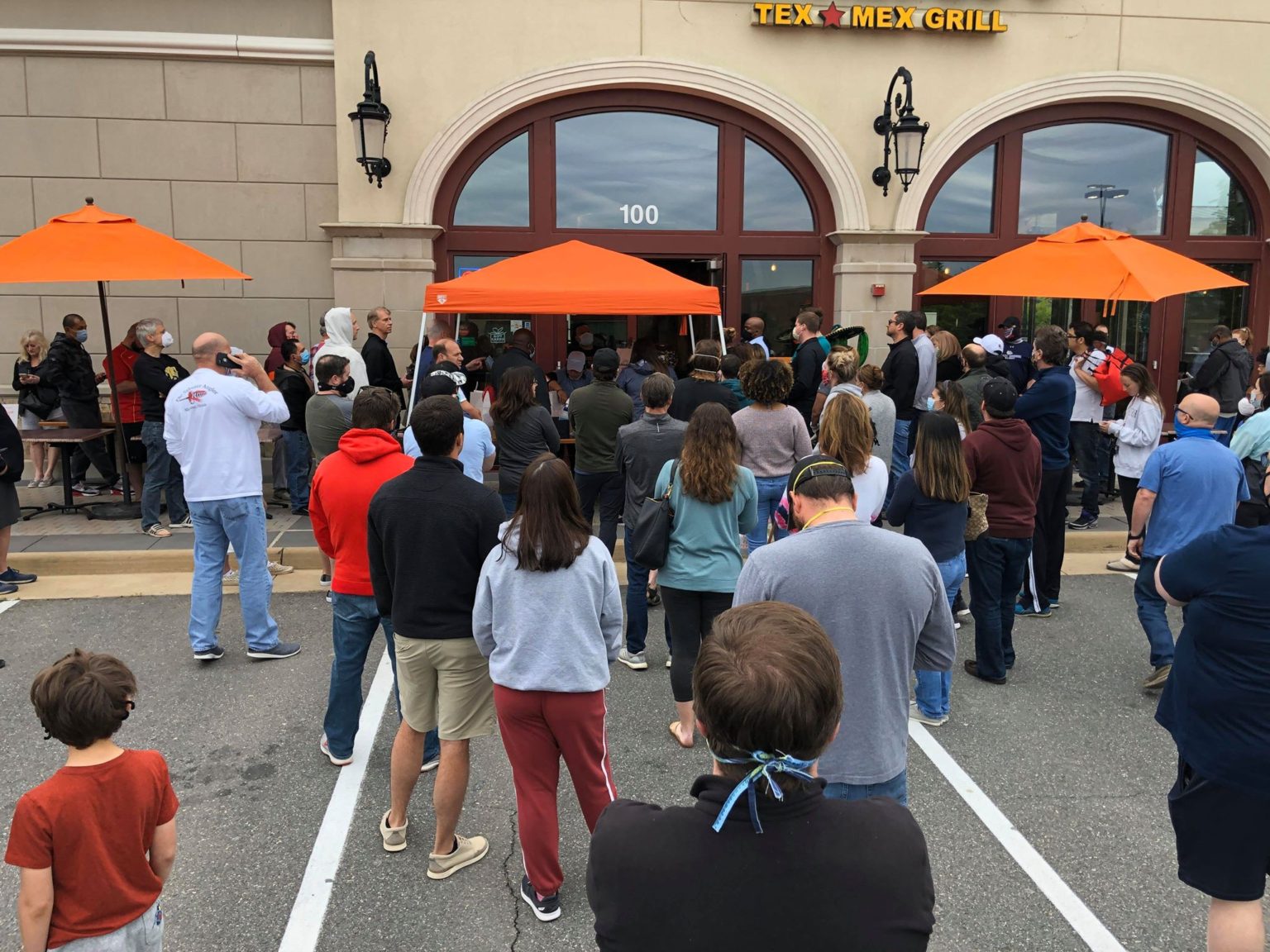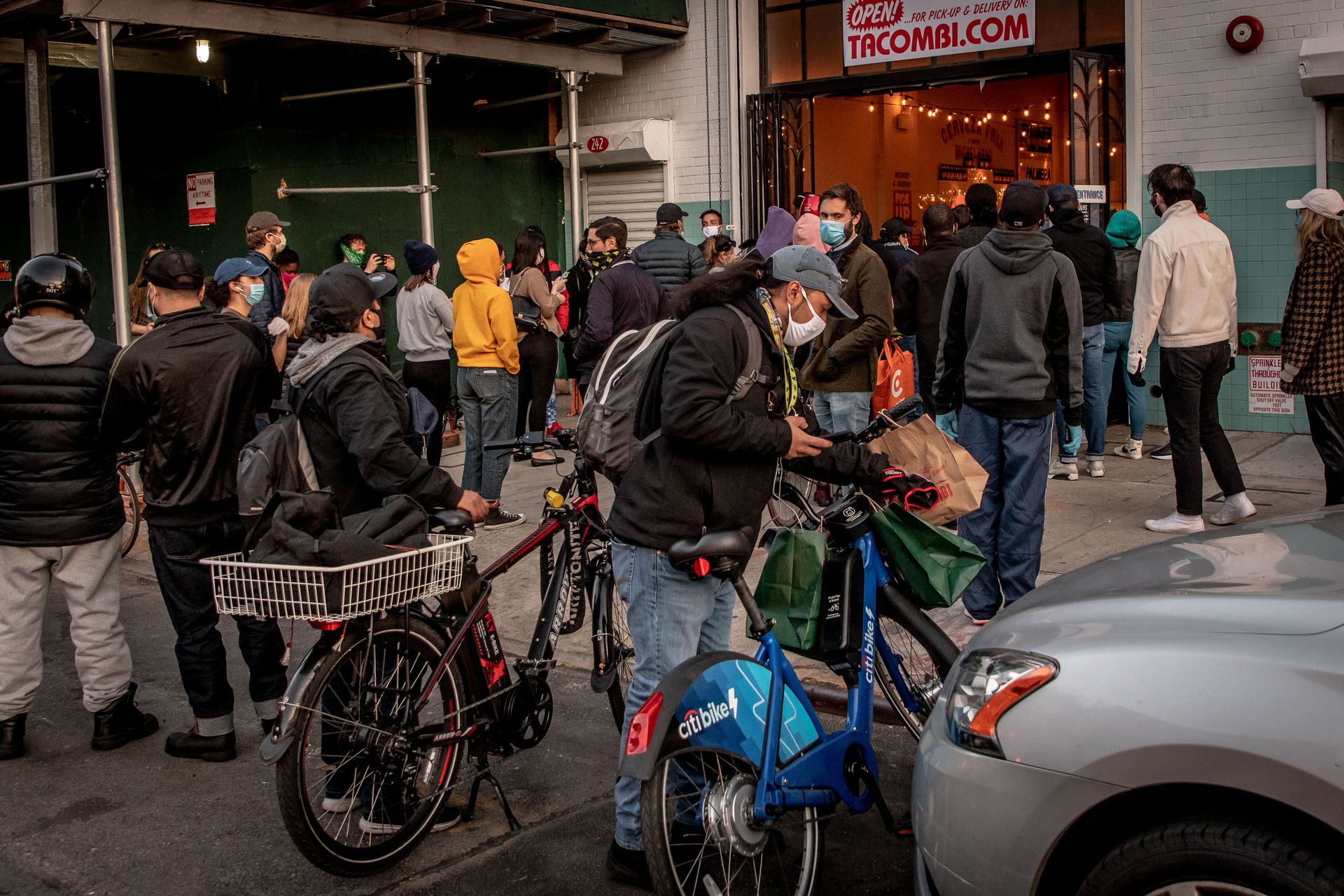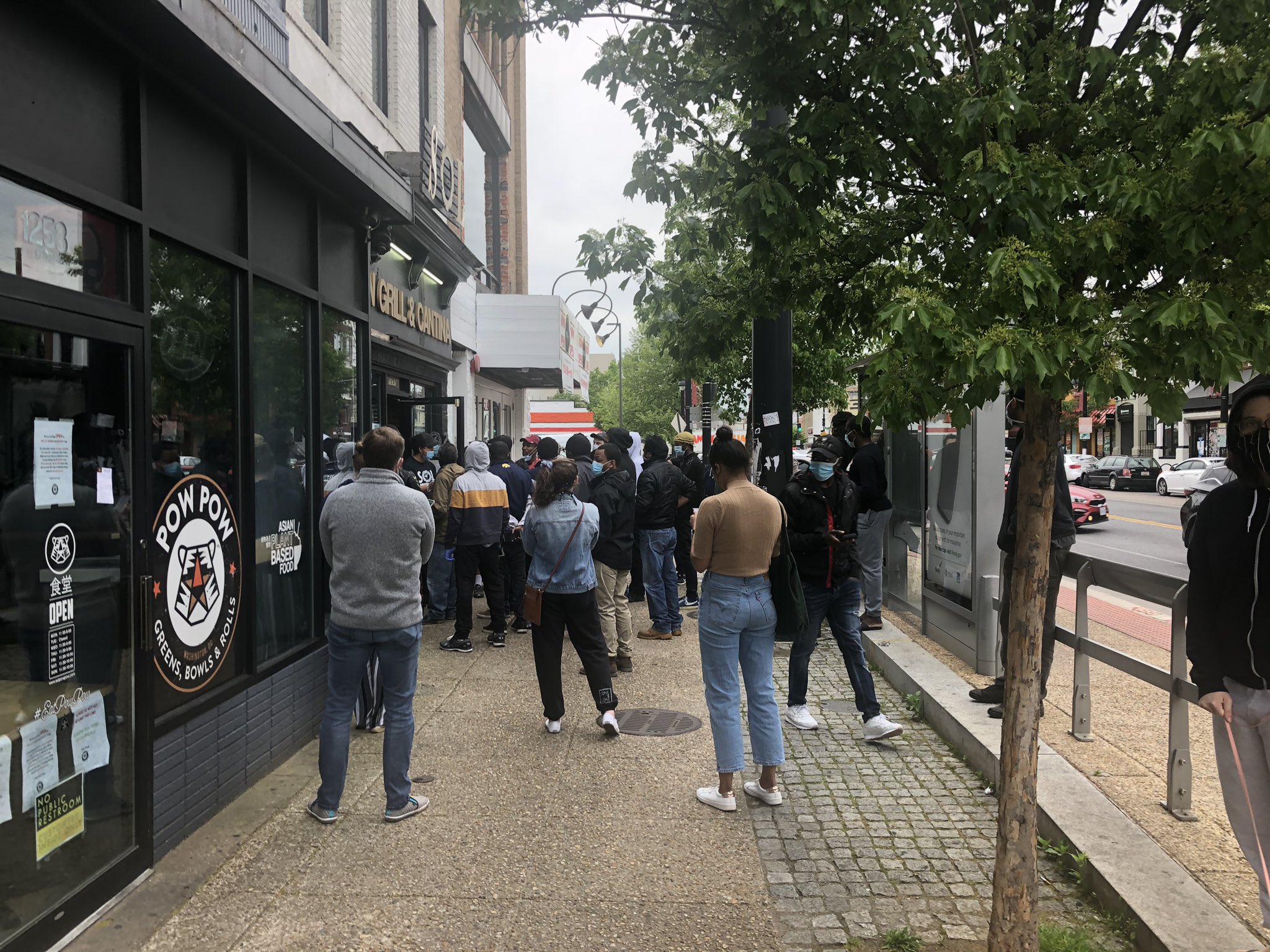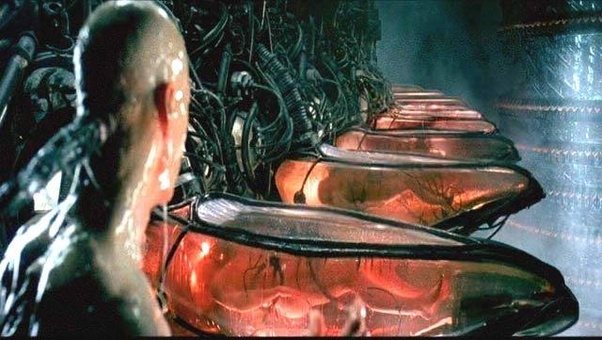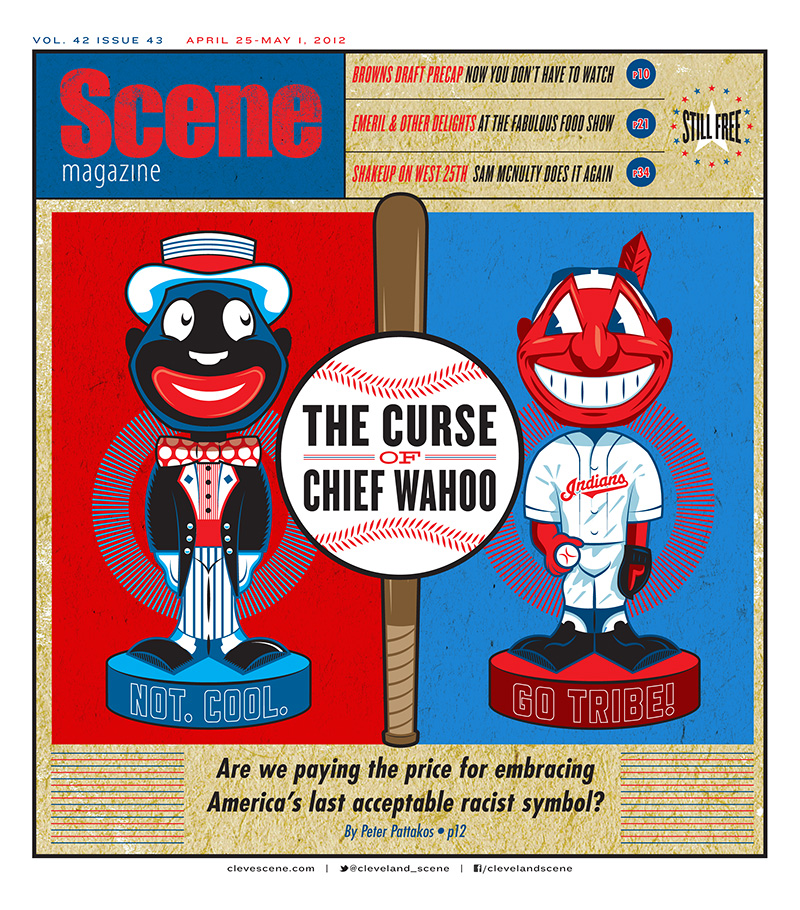On May 5, 1862, Mexican general Ignacio Zaragoza led his undermanned troops to victory in the First Battle of Puebla over an invading French army that hadn’t been defeated in nearly 50 years. Four days after the battle, President Benito Juárez declared that its anniversary would be a national holiday known as “Battle of Puebla Day” or “Battle of Cinco de Mayo.” But one year later, the French had retaken Puebla and occupied Mexico for another five years after that. Today, Cinco de Mayo is “virtually ignored in Mexico,” with the holiday only observed in the States of Puebla and neighboring Veracruz, and the nation’s real “independence day” celebrated on September 16, to mark the beginning, in 1821, of its struggle for freedom against the preceding 300 years of Spanish rule.
In America, Cinco de Mayo is a much different story. By 1863, Mexican miners working in California began commemorating the victory at Puebla in solidarity against the French invaders back home. By the 1940s, the celebration grew in popularity with the rise of the California-based Chicano movement for Mexican-American civil rights, but remained more or less confined within that community until the 1980s, when beer companies began to market the date as an excuse for everyone to get drunk. Today, in a nation that elected a President who made discrimination against Mexican immigrants a primary plank of his campaign, May 5 is a “top 10 beer holiday,” on par with Super Bowl Sunday, July 4, and Memorial Day, the busiest day of the year by far for Mexican restaurants, and one of the five busiest days for all types of restaurants and bars nationwide.
Thus, America’s annual celebration of a Mexican military victory that hardly anyone in Mexico cares about served as a compelling example of the power that rampant corporate cash has to shape American life and culture even before last Tuesday, May 5, 2020, when things really got wild.
By early evening on Cinco de Mayo 2020, reports were circulating that Mexican restaurants in Northeast Ohio and nationwide were inundated with carry-out orders, with parking lots and lobbies mobbed by customers waiting hours for food that in many cases never came at all. A restaurant manager in Charlotte, NC said that he and his colleagues had “never seen anything like this in their 40-year careers,” with “10 times the normal amount of orders” having come in over the typical three-fold increase of previous Cinco de Mayo holidays. Police were called in for crowd control at Mexican eateries across the U.S., in some cases ordering them to shut down entirely.
It was shortly determined that online food-delivery companies like DoorDash, GrubHub, UberEats, Seamless, and Caviar were in large part to blame for what delivery workers described as this “total disaster, “shit show,” and “cluster bomb.”
These companies, backed mainly by big tech and venture capital firms, have “disrupted” the restaurant industry with a race-to-the bottom in which they take increasing shares of revenues, upwards of 30% per order, from outlets fearful of losing business from the skyrocketing number of customers using their apps for cheaper and easier access to delivery. As Eater.com editor Amanda Kludt wrote in a post last September explaining her decision to delete these apps from her phone, “restaurants that want to remain competitive feel pressured to offer delivery, no matter the commission.” And that pressure is compounded by the predatory tactics these companies employ to manipulate online search results to secretly insert themselves between customers and restaurants in an “endless war for market share.”
The problems caused by these apps have gotten so bad that municipalities have started to enact caps on their commissions. But this hardly mattered last Tuesday, because the apps—in furtherance of their respective positions in this “endless war for market share”—do nothing to limit the number of orders their users can place at any given time, and aren’t built to notify users when wait times are longer than an hour. So as the orders piled up, the expected wait times didn’t increase correspondingly, to the detriment of everyone except for the apps’ corporate owners.
Of course, a food-delivery system designed mainly to benefit a few middlemen at everyone else’s expense would have been bad enough even if it weren’t for the current clash between the coronavirus and an American healthcare “system” that’s designed for the same purpose. But as things are, the “iron grip” that gigantic multi-billion dollar health insurance companies and hospitals have on U.S. politicians has left that “system”—if you can call it that (you can’t)—“deeply unsuited to anything that requires large-scale, coordinated action.” So while nations like South Korea, Sweden, and Iceland have been able to keep most businesses and schools open with minor and largely voluntary restrictions thanks to “developed, well-functioning, competent welfare states” providing for universal healthcare, Americans were mostly stuck holed up at home. And with “the reduction in all the forms of in-person social intercourse upon which Americans used to found, educate, and enrich the fabric of their social lives” already well underway long before the coronavirus hit, what else were folks going to do but call for Mexican carry-out last Tuesday?
It was Cinco de Mayo after all, a great American holiday if there ever was one. Now even greater because when folks complain about how the last 40 years of “free-market” mythology that’s underpinned U.S. politics since the Reagan era has been a fraudulent excuse for transferring even more wealth to the already wealthy, anyone who experienced the holiday in America in the year 2020 should have a much easier time understanding.
